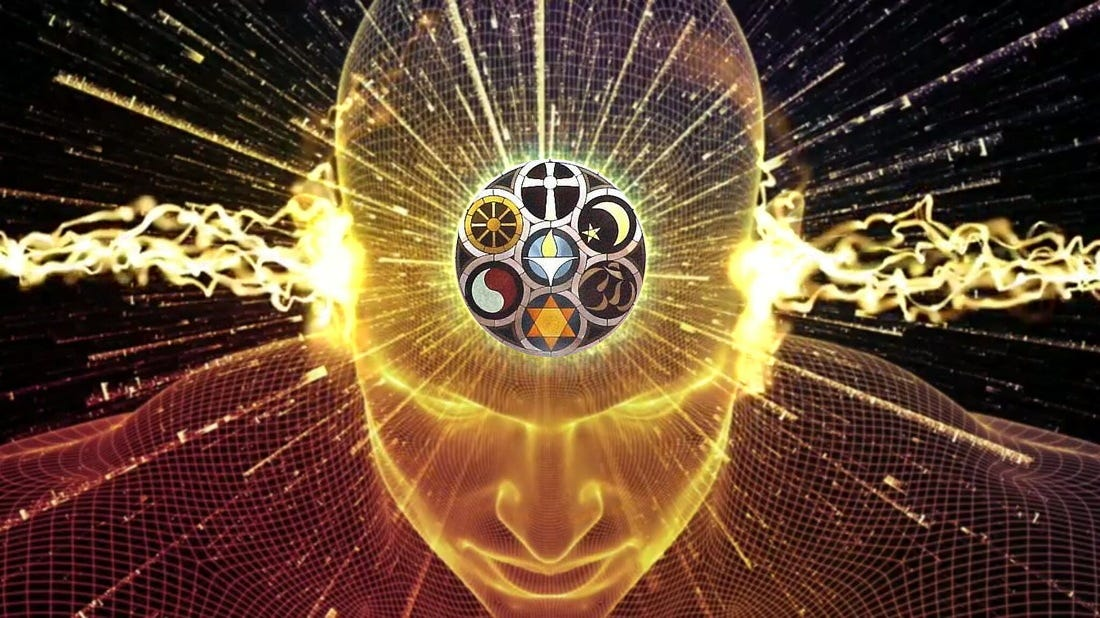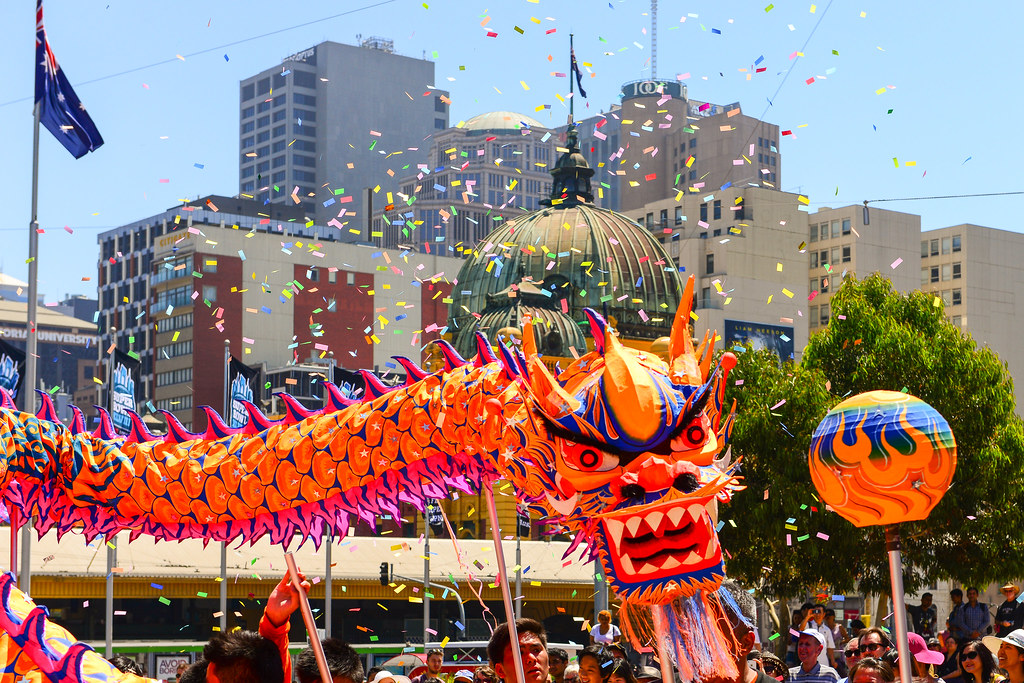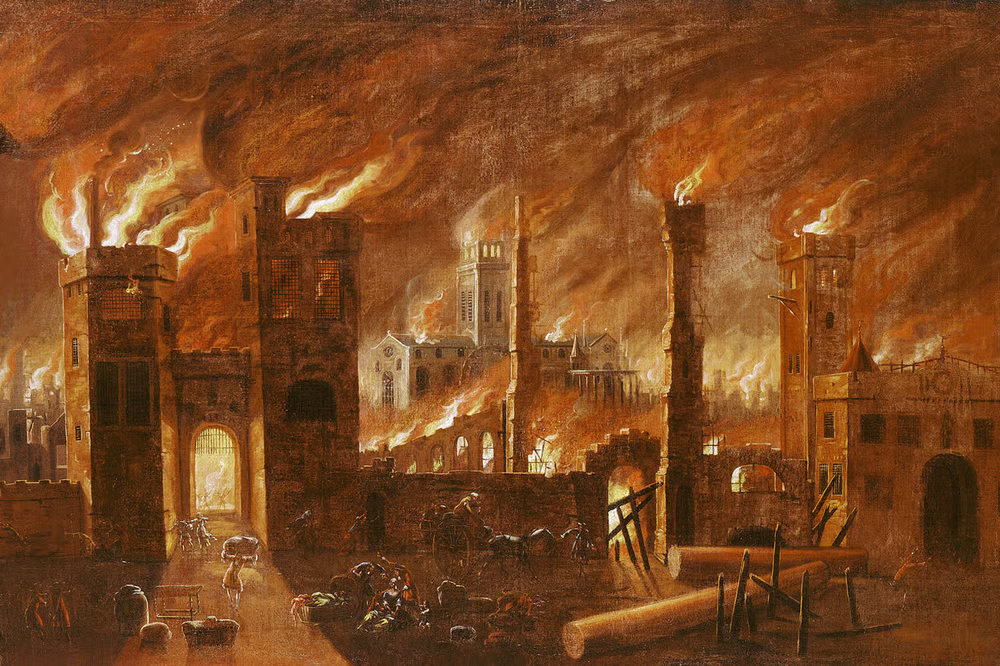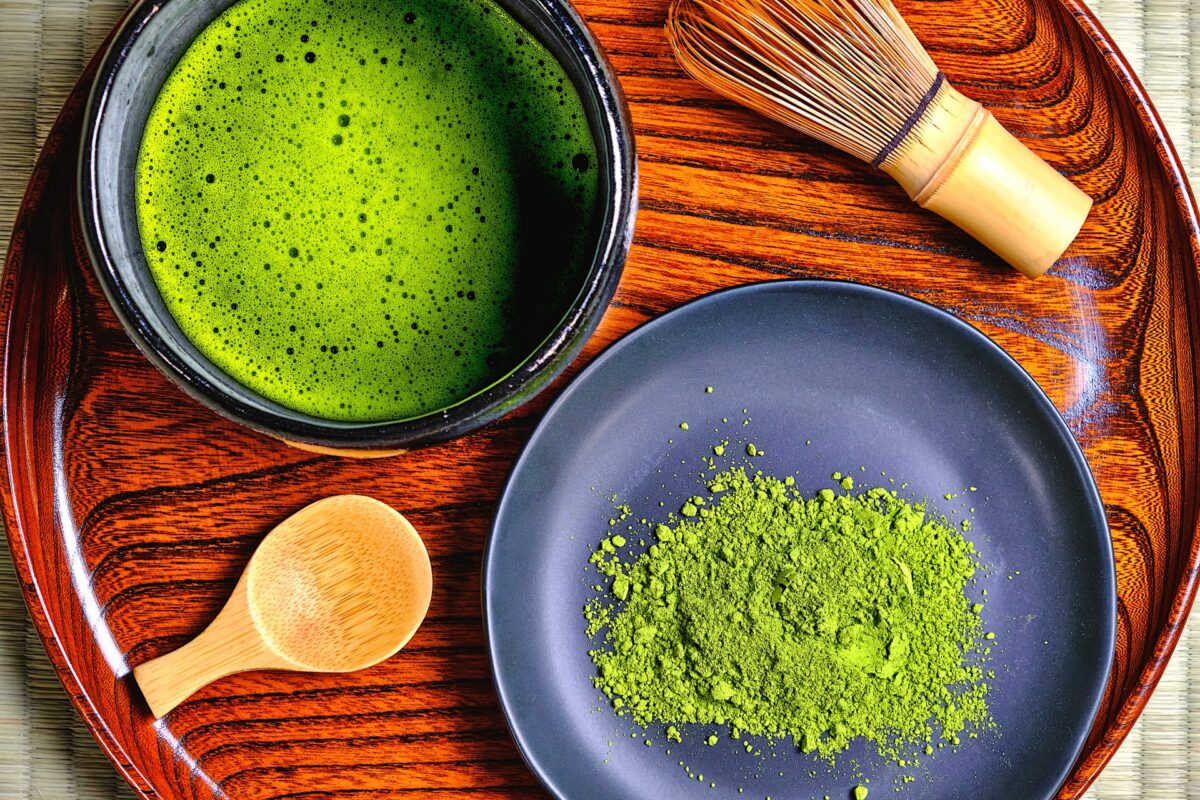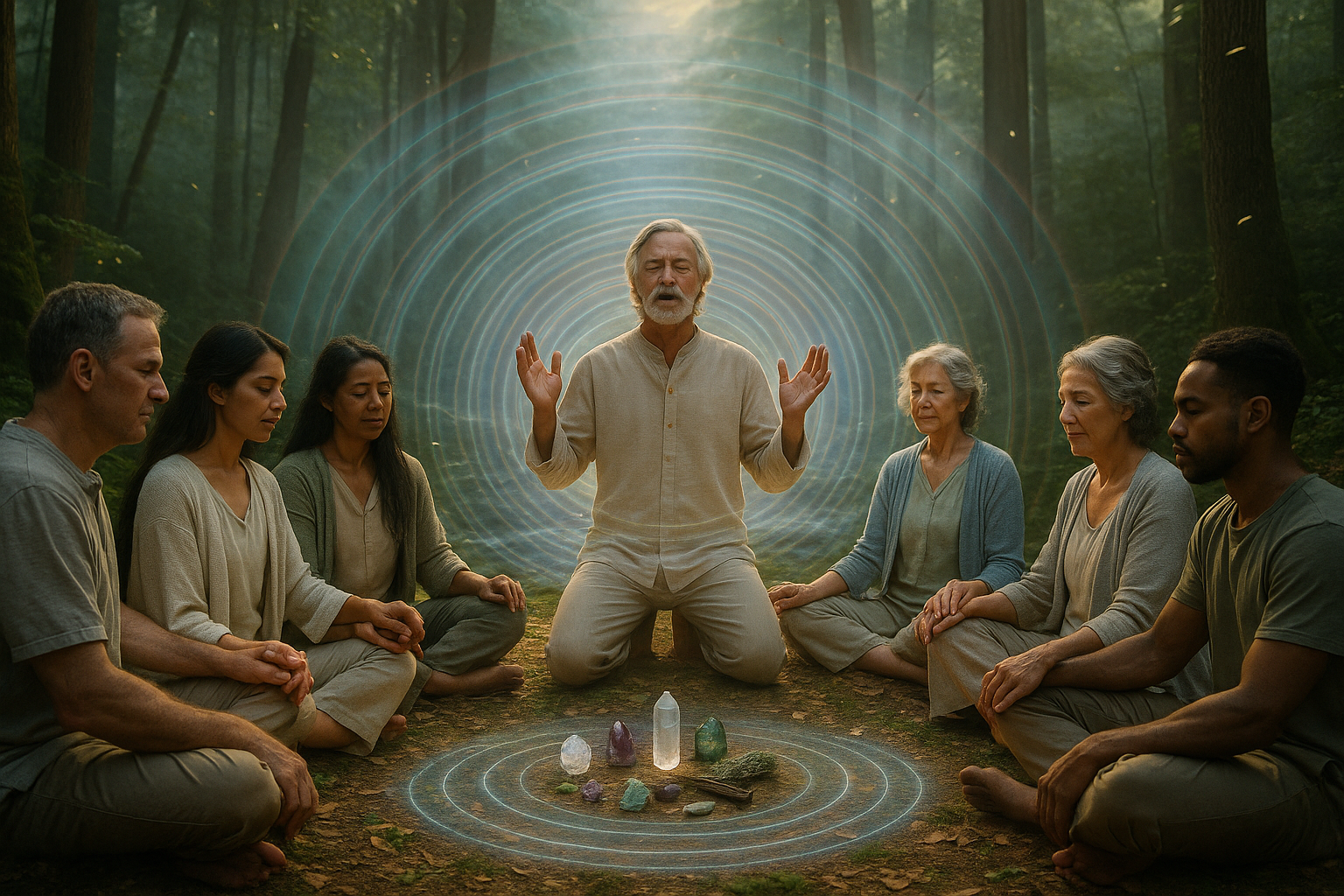The 2016 Apple vs. FBI dispute remains one of the most important real cases in modern digital law. The FBI requested Apple’s assistance to unlock an iPhone used by a criminal suspect, arguing that the data could support an ongoing investigation. Apple refused, explaining that creating a special tool to bypass security would weaken the […]
The Rise of “Interspirituality”, How People Are Blending Faith Traditions for a New Spiritual Path
In a world growing more connected and diverse, many individuals are discovering a new approach to spirituality that transcends traditional religious labels — often called Interspirituality. Rather than adhering strictly to a single faith, interspirituality embraces practices, philosophies, and rituals drawn from multiple traditions. This shift responds to changing beliefs: though formal religious affiliation has […]
Why the Melbourne Lunar New Year Lantern Festival Continues to Shine
The Melbourne Lunar New Year Lantern Festival has grown into one of Australia’s most cherished cultural holiday events, drawing locals and visitors who want to experience the magic of tradition blended with modern celebration. Each year, the festival transforms the city with vibrant lantern displays, community performances, and cultural showcases that highlight the depth and […]
The Elizabeth Holmes Case, A Modern Lesson in Corporate Deception
Few modern crime cases have captivated the world like that of Elizabeth Holmes, the founder of Theranos—a Silicon Valley startup once valued at $9 billion for its promise to revolutionize blood testing. Holmes, hailed as the next Steve Jobs, claimed her technology could perform hundreds of medical tests using just a few drops […]
The Great Fire of London 1666: A City in Flames & a Blueprint for Urban Renewal
In early September 1666, a seemingly ordinary early‐morning spark in a bakery on Pudding Lane ignited what would become the Great Fire of London. Over four days, the blaze consumed approximately 13,000 houses, 87 parish churches—including the iconic St Paul’s Cathedral—and large portions of the medieval City of London. The scale and speed of the […]
The Timeless Art of Matcha, Japan’s Green Elixir of Culture and Calm
Japan’s matcha is more than just finely ground green tea—it’s a symbol of mindfulness, tradition, and craftsmanship that dates back to the 12th century. Originally introduced by Buddhist monks, matcha became central to the Japanese tea ceremony, or chanoyu, emphasizing harmony, respect, and tranquility. Today, it continues to embody centuries of cultural refinement […]
Chanting Across Cultures: How Rhythmic Recitation Enhances Focus, Community & Well-Being
Chanting is a practice that cuts across religious and spiritual traditions—from the call and response of Hindu Kirtan to the meditative repetition of mantras in Buddhist and Sufi contexts. These vocal rituals involve rhythm, repetition and often group participation—elements that align with what Google’s E-E-A-T (Experience, Expertise, Authoritativeness, Trustworthiness) framework would recognise as well-established, credible […]
How Agentic AI is Reshaping Business Strategy in 2025
In 2025, agentic AI—AI systems that act autonomously and make decisions without constant human input—is no longer a speculative concept but a core part of forward-looking business models. According to trend reports, agentic AI is among the top shifts influencing business efficiency, innovation, and competitive advantage. Rather than just tools, these AI agents can manage […]
Identical Twin Convicted After 1987 Assault, A Landmark in Forensic Science Law
In a precedent-setting case in the United States, an identical twin was convicted for a 1987 sexual assault after investigators used ultra-deep whole-genome sequencing to distinguish rare somatic mutations—minute DNA differences that twins acquire over time—to link the crime scene evidence to the defendant. This breakthrough marks the first time that such distinctive genetic profiling […]
International Day of the Girl 2025: Empowering Voices, Inspiring Change
On October 11, 2025, the world will commemorate the International Day of the Girl, a United Nations observance dedicated to recognizing and advocating for the rights and empowerment of girls globally. This year’s theme, “The girl I am, the change I lead: Girls on the frontlines of crisis”, highlights the pivotal role girls play in […]











